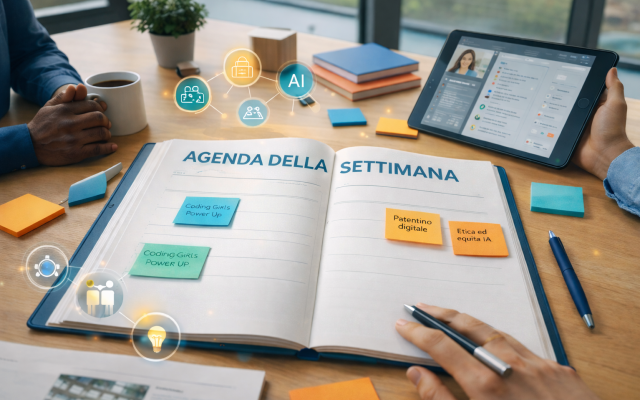“To date, it’s four years, 3 months and 21 days that I haven’t played, but addiction is a disease that I am constantly fighting.” This is how L., 27, a compulsive player, begins telling his story to the young men and women who are participating in the webinar on “Gaming Addiction and Alcoholism,” organised by experts from the Fondazione Villa Maraini [see news: On-line Addiction].
The webinar is organised by Health4U, a programme providing education and orientation for university and professional careers, promoted by the Fondazione Johnson & Johnson, with a focus on health, wellbeing and life sciences.
The testimony of L. is an intertwined flow of memories and hope for the future: from the origins of the disease to acceptance and self-understanding, each word is a target.
“I began playing because I had issues,” L. explains. “I was not able to name my emotions or explain why I felt like that. I looked for all kinds of excitement. Then, I started gambling. I began with betting and was sure that I was fully in control of myself. I was unaware that I had slipped into a vortex that would be difficult to escape.”
L. was very young when he started. He was only 23 and he soon had debts with his bank. “I started committing thefts and frauds. My salary was not enough. I needed more money to play. I was completely desperate.”
However, the greatest pain arrived when he understood that he had lost credibility to his loved ones. “Gaming is a lie. It makes fun of you. And you become a liar, too. You invent all kinds of excuses. Once you have spent everything, you end up gambling with your own life.”
And then, one hits bottom. “I thought about killing myself. I no longer desired anything. My only objective was gaming.” And this circumstance was made worse by the immediate accessibility of on-line gaming platforms. “Many of the games I played were on-line. So, I never stopped. I would fall asleep playing and wake up playing.”
After coming to terms with his worse thoughts, L. understood that he had a problem. “I joined an association and understood I was ill. Accepting this was the hardest step.”
One of the girls attending the webinar asked him: “How did you detox?” He smiled and answered: “I’m still not detoxed. I still like gaming, but it defeated me. I lost. What I feel that I can say is that I didn’t play, today. Tomorrow, I don’t know. It’s a battle that I fight every day. I always have to be on the lookout … and day after day, it will become years.”
When they ask him how he envisages his future, he replies that he is concentrating on the present. “Today, I finally appreciate little things, like setting objectives. I am trying to create a present and can finally give a name to my emotions. I am getting to know myself.”
Photo preview by cottonbro from Pexels



